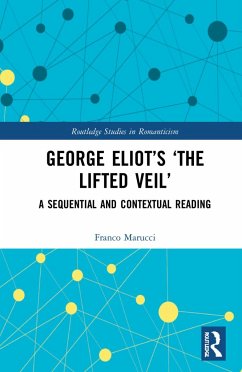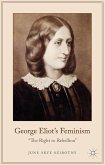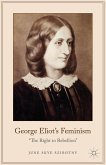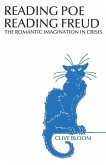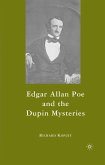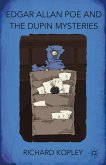The negative historical judgment given to George Eliot's 'The Lifted Veil' amounts nowadays to a gross critical blunder, and in the last three decades the story has been firmly reinstated in Eliot's major canon. The premise of the present book is that George Eliot's oeuvre is a compact macrotext where themes, motifs, patterns and cultural and personal archetypes recur with variations, and that 'The Lifted Veil' functions as the linchpin of this oeuvre. A sequential approach to the story is authorized by the use of a mimetic enunciation that simulates a gradual 'definition' of events, places, and characters as they have appeared to the narrating 'I' in the course of time until the moment of the enunciation. Contextualizing 'The Lifted Veil' means placing it within Eliot's oeuvre and against the background of Victorian mid-century fiction; in a further meaning, seeing it as intersecting various contemporary genres and subgenres, such as that of the European and American 'literature of the veil', that of the archetypal icon of the femme fatale, that of Wilkie Collins's 'dead secret' novels. The most significant facet that critical literature on 'The Lifted Veil' has tended to overlook is however the encrypting of the experience of a failed religious conversion and the foreshadowing of the search for a spiritual and racial identity of Daniel Deronda, the hero of Eliot's final novel.
"This is a thoroughly engaging, beautifully written account of one of George Eliot's least known works of fiction. Marucci places the story not only in the context of George Eliot's life and other writings, but also in the wider literary context, from German Romantic tales of the supernatural to the "American Gothic" of Poe and Hawthorne. He adds richly to our understanding and appreciation of this mysterious work"
-Prof. Rosemary Ashton, Emeritus Quain Professor of English Language and Literature at University College London, UK.
"This thoroughgoing analysis of George Eliot's disturbing novella sets 'The Lifted Veil' in a number of different contexts both familiar and unfamiliar. This is certainly the most concentrated study yet of a somewhat neglected work".
-Prof. Gillian Beer, King Edward VII Professor Emeritus, University of Cambridge, UK.
-Prof. Rosemary Ashton, Emeritus Quain Professor of English Language and Literature at University College London, UK.
"This thoroughgoing analysis of George Eliot's disturbing novella sets 'The Lifted Veil' in a number of different contexts both familiar and unfamiliar. This is certainly the most concentrated study yet of a somewhat neglected work".
-Prof. Gillian Beer, King Edward VII Professor Emeritus, University of Cambridge, UK.

